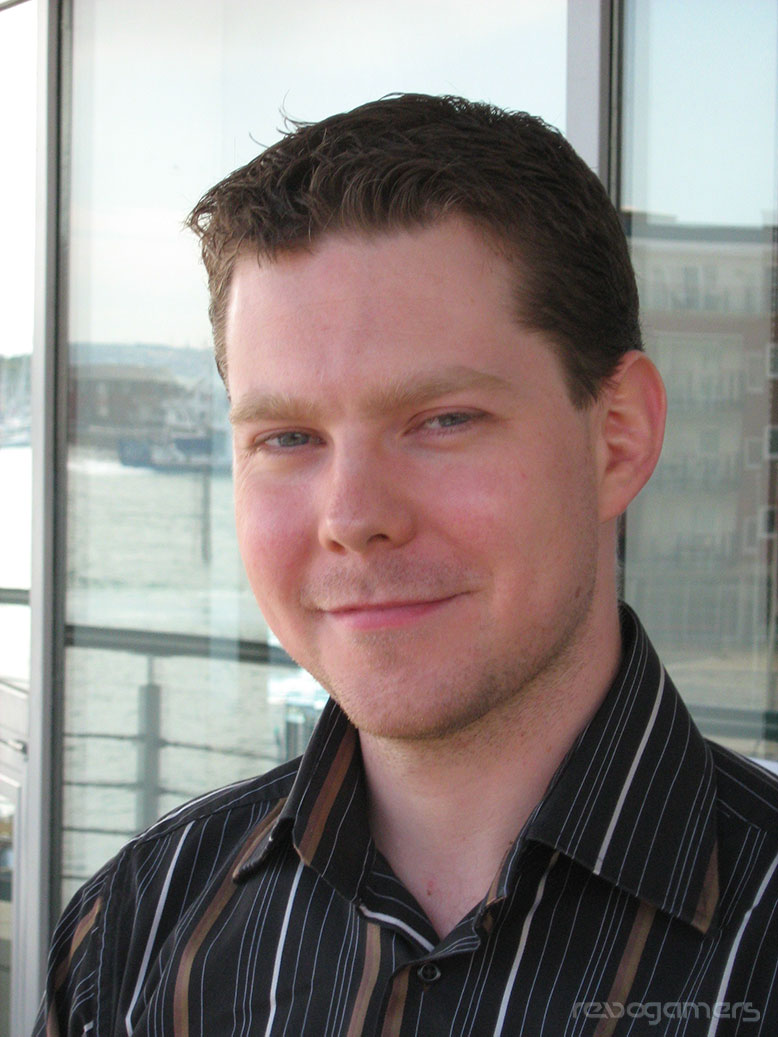Terapia Regresiva. Paciente: Climax
Climax confiesa a los revogamers las intimidades de su sobrecogedor proyecto.
3. When you first knew about this project, how did you feel? Did you embrace the re-imagining concept, or did you prefer to start from scratch at first? What could be positive and negative about it at that time? Are you worried about people not knowing this is a completely new game yet?
Various aspects of the project came on board separately, but simultaneously. So the idea of returning to Silent Hill 1 came a ways into the initial discussions and that was when we pushed the idea of a re-imagining, rather than a remake. We really built the game and its ideas from that point on, incorporating a lot of ideas about horror games and focusing on those that fitted with the idea that was forming of this idea of a 're-imagining'. The re-imagining itself was something we were in love with from Day 1 -- I can't think of a game that has done something so "post-modern", in this way, before. Taking a previous title and reacting to it, producing a unique take on it -- in the way that in movies and TV you have, say, Cronenberg's The Fly or the recent Battlestar Galactica. It seemed like such a fresh idea, when Konami gave it the green light we were very excited.
 4. For the surprising psychologist aspect, did you asked to psychologists? How did the idea and implementation on the game evolved from the concept? Does difficulty also depend on users' decisions? For other ideas like the "ice hell", where did you look for inspiration?
4. For the surprising psychologist aspect, did you asked to psychologists? How did the idea and implementation on the game evolved from the concept? Does difficulty also depend on users' decisions? For other ideas like the "ice hell", where did you look for inspiration?
Myself and the Game Director both had therapy sessions as research for the game, and we also spoke to academics who were performing research in psychometrics and tracking people's gaze. Their thoughts confirmed that what we had imagined would be possible, and within our grasp. The therapy sessions uncovered many hidden "issues" within us that we are still having to deal with...
The game does have dynamic difficulty, but it's not all necessarily directly tied to the psychology -- we tried very hard to make the game as seamless as possible for users, and this was always a priority. The "Icy Hell", as you put it, took a lot of inspiration from various sources -- not least the fact that our studio is on the south coast of England and it gets very cold from time to time...
5. We feel this game has its own personality, different from first entries but solid and tempting. How was the challenge oft aking a Japanese horror plot and game system and transforming it with your own style? How has been Konami of Japan members' response to the final result and during your periodical versions?
Absolutely. It was very important to the team that this game moved beyond playing homage to the "Japanese style". As an English team, it is not completely "honest" to be replicating someone else's style. For this project we wanted to make something authentic and genuine -- a game from the heart. I think the impact the final game has on people plays testament to that -- it is a game that has its own personality, its own cohesive identity. This is the only way to make something that really moves its audience, that leaves a lasting impression.
6. We really "suffered" during the chasing scenes,but it was kind of an enjoyable frustration. Was this on purpose? What was people's reaction on these scenes during focus tests?
Yes. Very much what we wanted. We wanted to recreate the sense of a nightmare, of panic and disorientation. The "fun" is in escaping, in the great relief at having escaped.
We did a lot of focus testing, and implemented many dynamic difficulty elements to try and get the balance the gameplay here perfectly. To be honest, we maybe focused too much on the 'casual players' in these focus groups, as we were worried they would find them the most difficult. But perhaps it is the "hardcore gamers", who are used to having weapons, to more typical level designs and tactics, who found this the most difficult.
